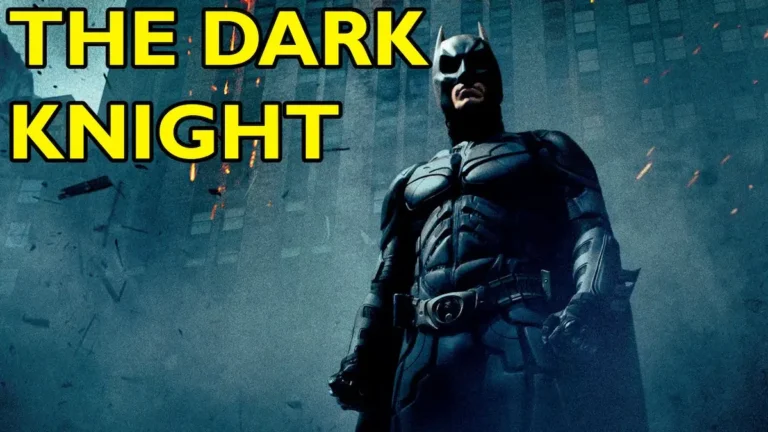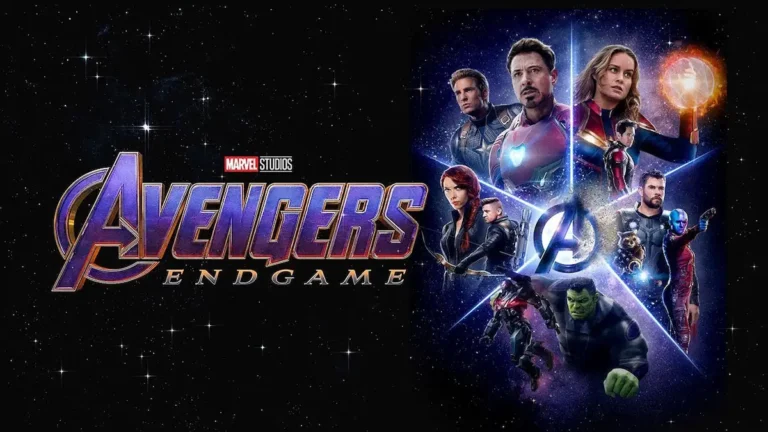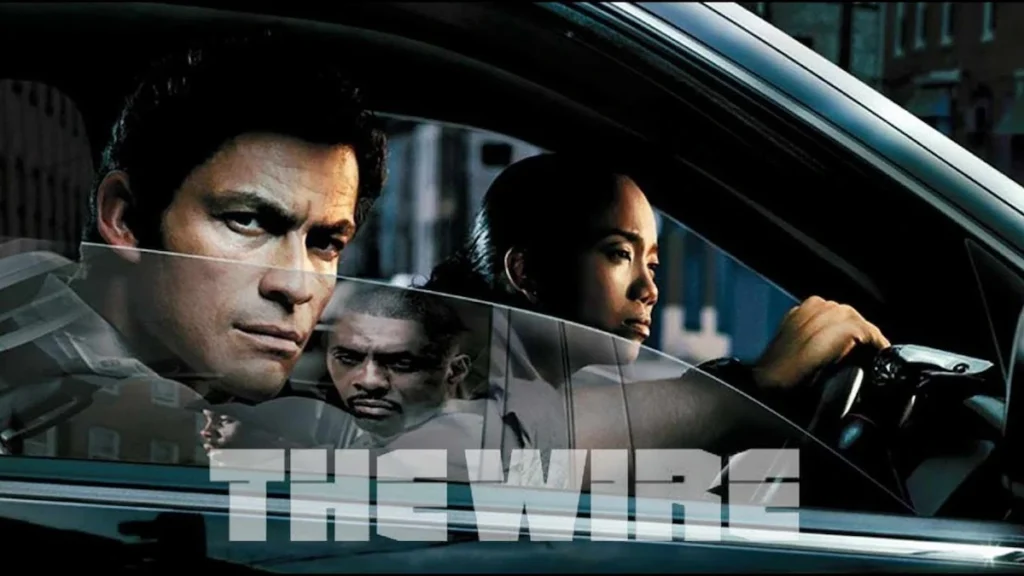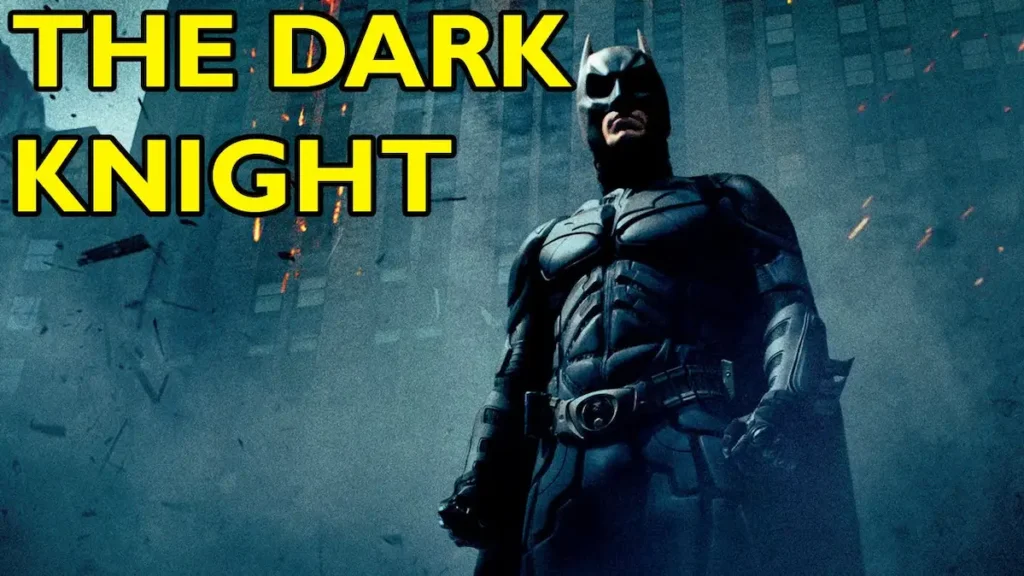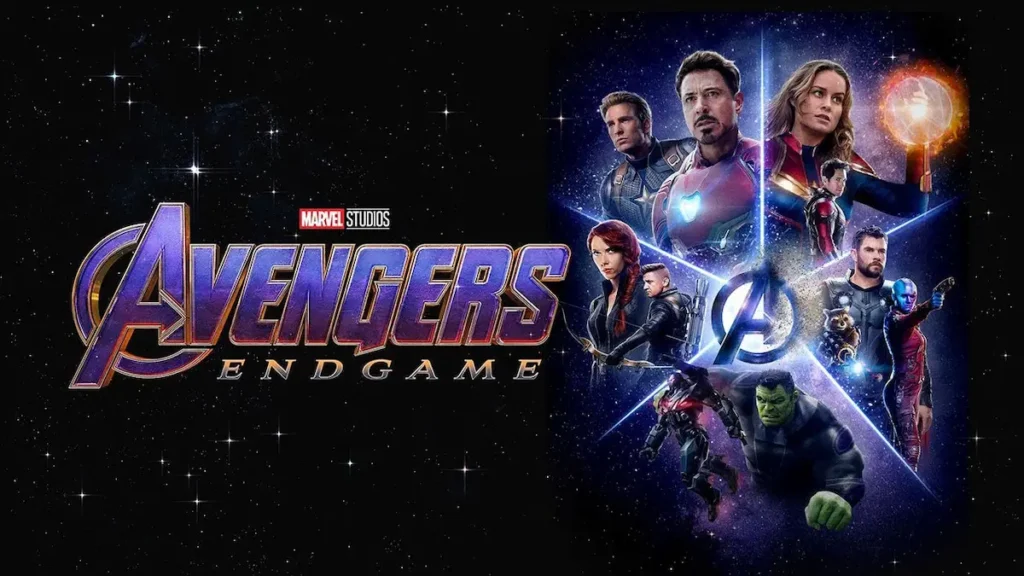
Exclusive Inside Photos from Anant Ambani and Radhika Merchant’s Mangal Utsav Celebration
Anant Ambani and Radhika Merchant celebrated their grand wedding on July 12 at the Jio Convention…
Most popular posts

Ultimate Guide Thor: Love and Thunder (2022) Movie Download
“Thor: Love and Thunder,” directed by Taika Waititi, marks the fourth standalone film for the Norse…
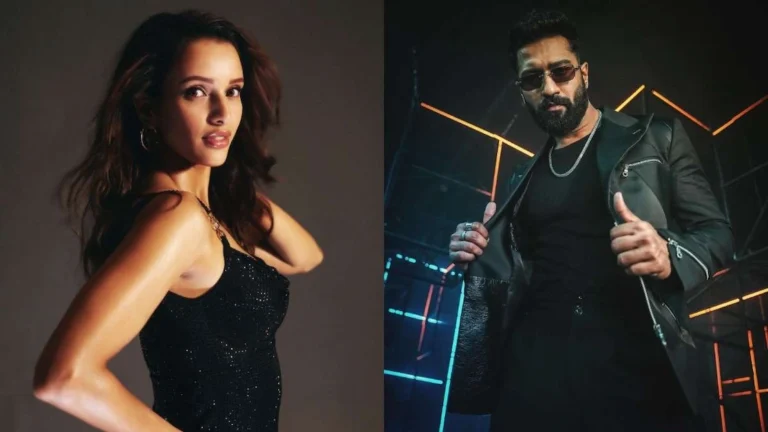
Internet ablaze by the steamy on-screen chemistry between Vicky Kaushal and Tripti Dimri in ‘Jaanam’ song teaser | WATCH
The highly anticipated film ‘Bad Newz’ has released another hit song titled ‘Jaanam’ featuring Vicky Kaushal…

Third COVID-19 Positive Test for Akshay Kumar
Actor Akshay Kumar has been diagnosed with COVID-19 for the third time after experiencing symptoms while…
Avatar Full Movie Review (2009)
“Avatar,” directed by James Cameron, is a groundbreaking science fiction film that transports audiences to the…

Game of Thrones (TV Series 2011–2019)
Game of Thrones is a television phenomenon that has captured the imagination of millions. Based on…
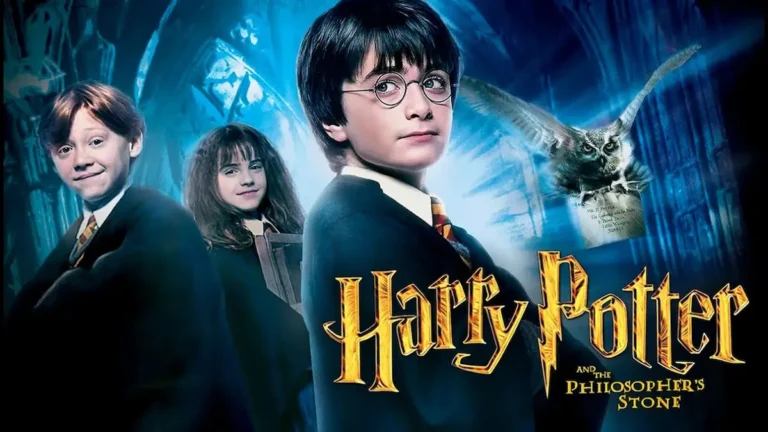
Harry Potter And The Sorcerer’s Stone movie(2001)
Ah, the magical world of Harry Potter – where the impossible becomes possible, and the extraordinary…
